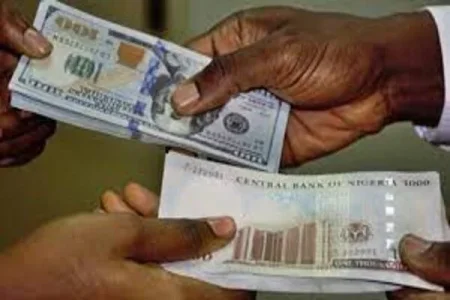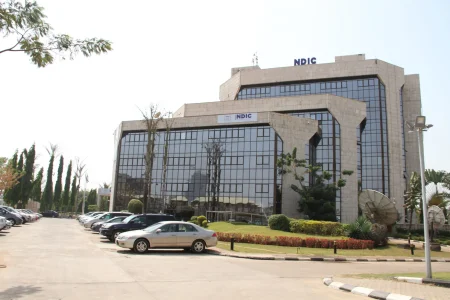
Amidst ongoing economic uncertainties, the Nigerian naira witnessed a further depreciation against the US dollar, reaching N1,350 per dollar at the parallel segment of the foreign exchange (FX) market on Monday. This marked a 2.27 percent decline from the rate of N1,320/$ recorded on April 26, underscoring the currency's continued vulnerability in the face of external pressures.
Currency traders, operating as bureau de change (BDC) operators, reported a buying rate of N1,320 and a selling rate of N1,350, reflecting a slim profit margin of N30. The weakening of the naira was not confined to the parallel market, as it also depreciated by 1.42 percent to N1,419.11 against the dollar at the official window, down from N1,399.23 on April 26.
According to data from FMDQ Exchange, a platform overseeing the official FX window, the dollar experienced intra-day fluctuations, reaching a high of N1,451 and a low of N1,060 during trading hours. These fluctuations underscored the volatility and uncertainty prevailing in Nigeria's currency market, with implications for businesses, investors, and ordinary citizens.
In response to these challenges, the Association of Bureaux De Change Operators of Nigeria (ABCON) announced plans to establish a unified retail end FX market. ABCON President, Aminu Gwadabe, emphasized that this initiative aimed to address volatility and enhance regulatory compliance within the BDC sub-sector.
Gwadabe highlighted the benefits of the proposed unified market, including ease of regulation, enhanced monitoring by security agencies, and increased market visibility for BDC operators. He reaffirmed ABCON's commitment to engaging with regulatory agencies and government stakeholders to promote a secure and thriving forex market conducive to regulatory compliance and economic stability.




